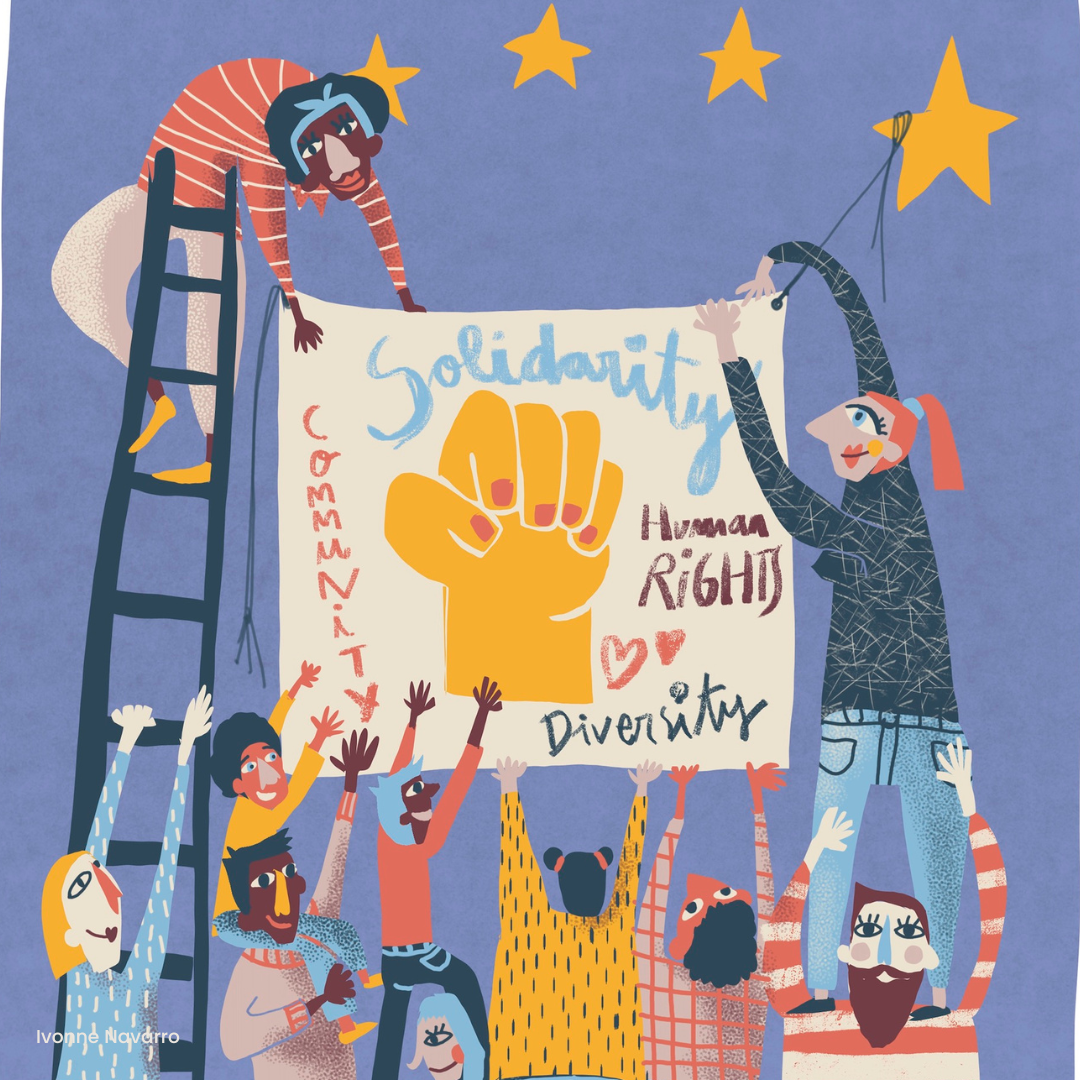Spotlight
A selection of resources from across the Federation

Abortion Care and Costs in Europe and Central Asia
IPPF EN carried out research into the economic burden that women face in accessing abortion care in Europe and Central Asia. This factsheet provides a snapshot of the findings.
Filter our resources by:


| 31 January 2023
The upcoming Presidencies - An opportunity for gender equality and SRHR
Over the last few years, the EU has been facing many challenges in the realization of its core values: the rule of law, democracy, human rights, equality, especially gender equality, and women’s rights. The upcoming years are an opportunity for the EU to reflect on the direction it wants to take, the values it should stand for, and what more it can do to uphold and defend them. The EU should strive towards a world where everyone can enjoy the same rights, and lead free and safe private and family lives, free from sexism, coercion, and violence. In this crossroads moment, the upcoming three Council of the EU Presidencies – Sweden, Spain, and Belgium – have a critical role to play to uphold EU values. We call on them to adopt a feminist approach and show stronger leadership to further advance gender equality and women’s rights, including sexual and reproductive health and rights (SRHR), in the EU and beyond. Read below our recommendations to the next Presidencies to lead the EU on a feminist path.

| 01 April 2022
Working with the Roma community and local actors for reproductive freedom
In the Balkans, IPPF members are working hand-in-hand with diverse networks of actors from within and around Roma communities. This work was shaped as the My Body, My Rights project. Our common goal is to strengthen girls’ lifelong reproductive freedom and tackle some of the deep-rooted, systemic obstacles that prevent people - especially women and youth - from living safer and healthier lives. How? By increasing access to care, creating supporting contexts for choice and advocating for investment. Our work is community-driven and based on fostering local partnerships. At the heart of this collective action are Roma volunteers, girls and boys, health mediators and local NGOs, leading grassroots change and advocating for their own unique communities. Doctors, community nurses and teachers are working with them to help deliver lasting impact. And some decision-makers are stepping up and beginning to make much-needed investments in more equitable access to reproductive healthcare. We are proud to share highlights of our work, recommendations to decision-makers and resources for further reading. Explore our new microsite!

| 17 February 2022
Safe from Sexual and Gender-Based Violence - toolkit
This is the Safe from sexual and gender-based violence (SfSGBV) toolkit. Its main purpose is to guide the delivery of sexuality education sessions that support young people at risk of marginalization to recognize and protect themselves from SGBV. The toolkit is designed for the use of experienced sexuality education educators. Equally, it is a valuable resource for young people interested to learn more about prevention of sexual and gender-based violence. You can learn from the toolkit either through our interactive website or by downloading the resource below.

| 14 January 2022
My Body, My Rights - short film
When vulnerable communities, volunteers and professionals unite for reproductive freedom, they are a powerful force for change. Our short film features five stories that show how IPPF members in Bulgaria, Romania and Serbia are supporting the lifelong reproductive health and safety of Roma girls, women and young people, working on the multiple fronts necessary to improve access and uptake of quality family planning and maternal health care. Learn more about the My Body, My Rights project here.

| 09 July 2021
COVID-19 IPPF innovation and best practice
The COVID-19 pandemic has had a profound impact on access to and enjoyment of sexual and reproductive health services and rights. While families, couples and individuals have faced intense pressure and hardship as a result of the pandemic, life-saving sexual and reproductive health (SRH) services and supplies, including sexual and gender-based violence services, have become scarce and/or inaccessible. Existing socioeconomic inequalities have been exacerbated, especially as they pertain to girls, women and marginalised groups. As nationally owned and locally operated health service providers, IPPF Member Associations (MAs) remain committed to their communities and the people within them. In this Case Study series, we share progress, learning and innovation that has occurred within MAs over the course of the pandemic. The case studies cover: telemedicine for abortion in the COVID-19 context, SGBV response in COVID-19, adapting sexuality education in COVID-19 through digitalisation, and leaving no one behind, especially marginalised populations. Take a look at the above Case Studies from Bulgaria, Estonia, Serbia and Ireland.

| 12 January 2018
Why access to contraception is still an issue in Spain
You wouldn’t expect access to contraception to be an issue in EU countries such as Spain. But too many girls and women are still being denied the freedom to make their own reproductive choices. And it is vulnerable people who face the greatest obstacles when it comes to accessing this basic healthcare. In this video by our Spanish member FPFE, we meet Olga, Deli, Lidia, Barbara and Sandra, five young women struggling to overcome barriers in the Spanish system. These range from prohibitive costs, bureaucratic hurdles and the exclusion of immigrant women from the public health system, to the failure to ensure that all young people receive sex and relationships education and can use health care services that are adapted to their specific needs. Contraception is not a luxury. It’s a healthcare issue. And a human right.

















